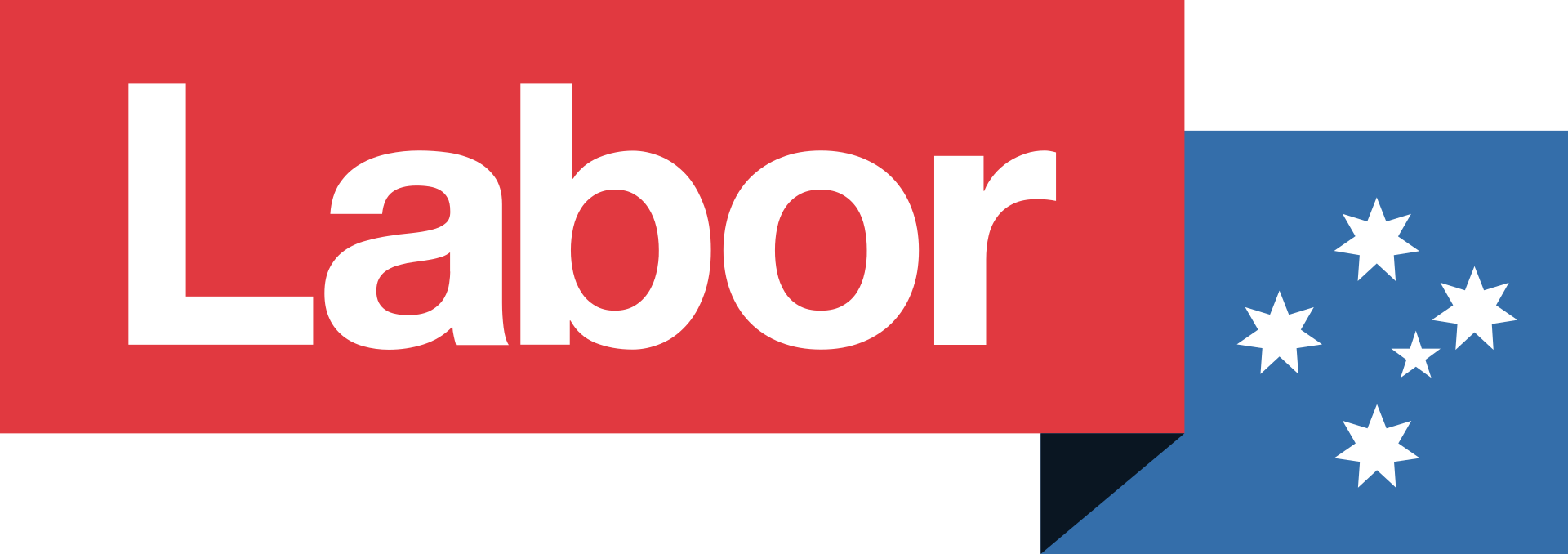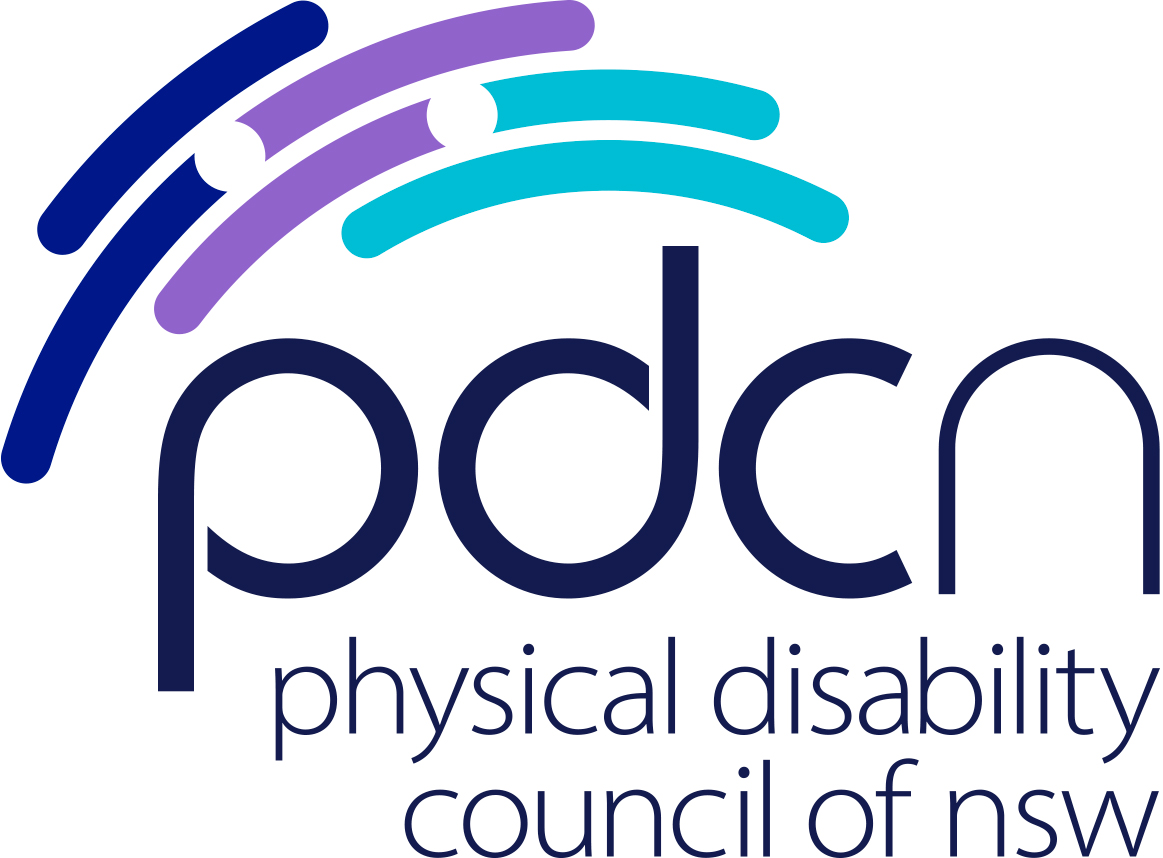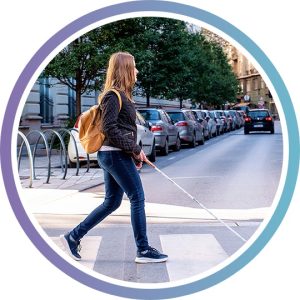PDCN’s new Policy Officer Alice Batchelor has spent her first few weeks in the job reviewing the main federal political parties’ disability policies. Read on to get a view of where each put party is putting their focus.
Please note that this is an overview only, the information may change, and in providing it we are not supporting any particular party. We encourage you to do your own due diligence before casting your vote.
 Liberal National Coalition
Liberal National Coalition
The Coalition has not updated its publicly available policy positions since 2019. These positions put a heavy focus on employment and the funding of disability related programmes
Employment
The Coalition have committed to a 7% employment target for people with disability in the Australian public service by 2025. They have also committed to the funding and expansion of community programmes to help find employment for Australians living with a disability.
NDIS
The Coalition has committed to the continued funding of the NDIS, with no mention of an increase or decrease in current funding levels. They also commit to the implementation of NDIS planning pathways, which allow for a single point of contact, and the option for NDIS participants to be on a longer plan of up to three years if their disability is stable.
The Coalition commit to a Participant Service Guarantee, creating established timeframes for claims and contact with the NDIS, with a particular focus on children, Supported Disability Accommodation, and assistive technology. We note that the government is also currently trying to pass changes to NDIS legislation, with some changes being positive, and others worrying for people with disability.
Accessibility
The Coalition committed $45 million in 2019 to develop the national disability information gateway, and an additional $81.2 million in December 2021 for much needed improvements to its functionality.
 Australian Labor Party
Australian Labor Party
Labor has a strong focus on collaboration throughout their policy aims.
Employment
Labor have expressed commitment to improving job opportunities, job readiness, support, and workplace accessibility for people with disability. They aim to take steps to increase the number of people with a disability employed by the Australian public service, with meaningful career development.
NDIS
Labor’s NDIS policies focus on improving the current NDIS, ensuring NDIS processes are fair, transparent and accessible. Labor aim to work with the States and Territories so that the NDIS works effectively with other systems such as mental health care, education, and carer support.
There is a focus on collaborative work with disability services workers and their unions, service providers and people with disability to develop and implement a disability sector workforce strategy to improve sector capacity and maintain and enhance quality standards for NDIS workers, and investment in research to support service innovation, planning and quality.
Labor aim for the implementation of the National Injury Insurance Scheme to complement the NDIS, and for the NDIA to develop a basic assessment for every prisoner on admission to assess any potential need for NDIS support.
Housing
Labor expresses that the responsibility of funding the construction and repair of social housing (public and community included) is the shared responsibility of the Commonwealth and state and territory governments. There is commitment to ensuring all infrastructure projects will prioritise the elimination of barriers to access and promote social inclusion, however no further comment or clarification of this is available.
Accessibility
Labor has commitments to improving transport accessibility through changes such as accessible toilets on key road and rail routes, however they have made no comment on much beyond this scope. There is commitment to ensuring all spaces, including digital spaces, are accessible and inclusive.
Human Rights
Labor has commitments to raising the Disability Support Pension, Aged Care Pension, and Carer Payment to reflect the cost of living. There is support for an independent Disability Discrimination Commissioner for people with disability, and commitment to ensuring schools have necessary resources for students with disability to achieve equal education and vocational opportunities. However, it was recently announced that increasing JobSeeker has been taken off the agenda.
 Australian Greens
Australian Greens
The Greens’ commitment to people with disability is outlined in an extensive 45-point list of aims. The relevant points regarding PDCNs policy objectives are summarised from these aims.
Employment
The Greens commit to securing guaranteed properly paid, meaningful employment for people with disability who want to work, and commit to providing pathways, particularly school leavers, to transition into meaningful and equal employment, education and vocational programmes.
NDIS
The Greens aim to ensure the NDIS is fully funded, transparent, consultative of whole life and accountable, and commits to no age limits for access. There is commitment to introduce a Participant Service Guarantee, setting out standards the NDIA must meet regarding expectations on wait times and full transparency on the decision-making process. The Greens aim to create an independent appeals process with enforcement authority of the NDIA.
Housing
The Greens aim to implement a nationally consistent universal design standard for buildings, and accessible and affordable housing that enables flexible and appropriate options for independent living as part of the community. There is commitment to the provision of appropriate alternative accommodation for young people seeking to leave residential aged care, and a broad goal of 100% accessible public housing, however no timeframe is given.
Accessibility
Broadly, the Greens aim to commit to the removal of all environmental, social, cultural, attitudinal, and communication barriers to the full and equal participation of people with disability in all aspects of life. They aim to improve accessibility through a national model or interstate recognition of assistance animal identification and certification, and provisions against discrimination on the basis of having an assistance animal.
Human Rights
The Greens aim to implement a guaranteed liveable income for people with disability and carers without means testing or mutual obligation tests. There is a broad aim to implement all articles of the United Nations Convention on the Rights of Persons with Disabilities by 2030 across federal, state and territory governments.
Additionally, the Greens aim to provide schools with necessary funding and resources to ensure inclusive and accessible education for all.
For anyone wishing to know more about how to vote, People With Disability Australia and the Australian Electoral Commission are running an online webinar on Tuesday 26 April, 6pm-7pm (AEST). This is a non-partisan event and will not include a discussion of any policy issues or any specific commitments being made by any candidates or political parties. Find out more and register at this link.



